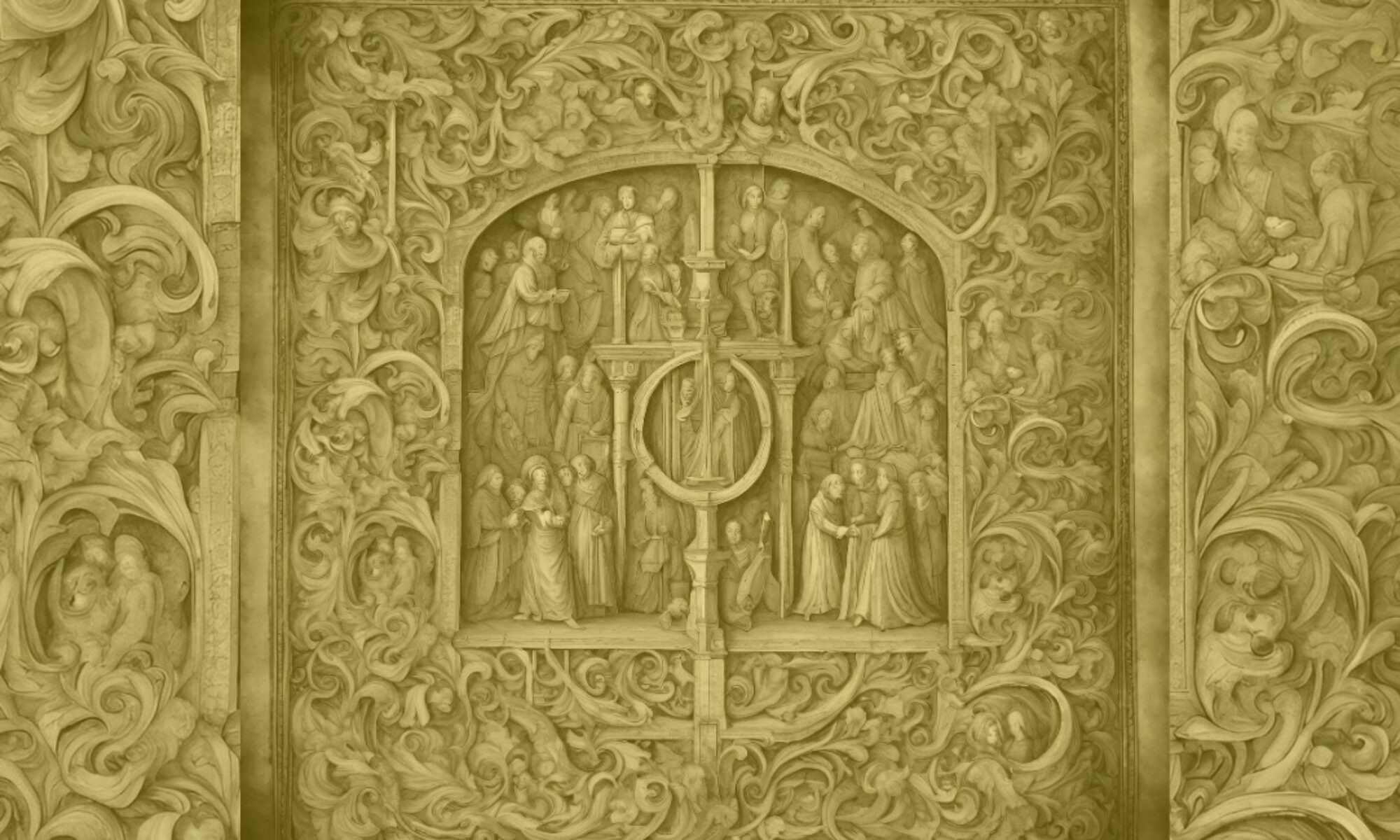Chrissy’s talk is called “The Dark Light of Duende: The Phosphorescence of Death”

At the heart of the mythological and ecological lies ambiguous paradox. The profundity of life and death is bridged by an invisible dimension of experience that we can safely navigate through the mythopoetic image. This presentation will investigate the mysterious eco-theoretical terrain of death through an archetypal analysis of the mythology of light and darkness, as represented in the traje de luces–or “suit of lights” worn by Spanish matadors.
The way death is perceived as an “unseeable” image is a prevalent idiosyncrasy in western and American cultural psyches. This can be witnessed in our lack of community traditions, rituals, and consciousness surrounding death and grief, as illustrated in the global events of the COVID-19 pandemic and the environmental crisis. My objective is to enumerate the many ways in which the pathologized image of death illuminates the beyond. Through the ontological lens of elemental light–a brief presentation of recent light sculptural work and transdisciplinarity research in my field of holography–I will demonstrate the ecological power of the pathological in its capacity for interconnection by bridging light and darkness, the visible and invisible, and life and death. This generative process creates new ways of seeing and being in the world.
About Chrissy
Chrissy Stuart is a light sculpture artist, depth psychological scholar, holographer, and transdisciplinarity researcher. Stuart utilizes light optics and glass casting techniques to record light waves–not ordinarily visible to the human eye–onto transparent objects to explore the invisible dimension of experience tied to the realm of death, the imagination, and the unknown. In her quest to understand the hidden forces beyond our control, complexities of multidimensional reality and universal interdependence are unearthed. Stuart views working with the unconscious as a form of research inquiry, and her light sculpture praxis perpetually reveals that consciousness is transformed by an encounter with the unknown. Stuart’s transdisciplinarity work addresses the notion that it is only in working with the darkness that a luminosity specific to transformation can emerge.









